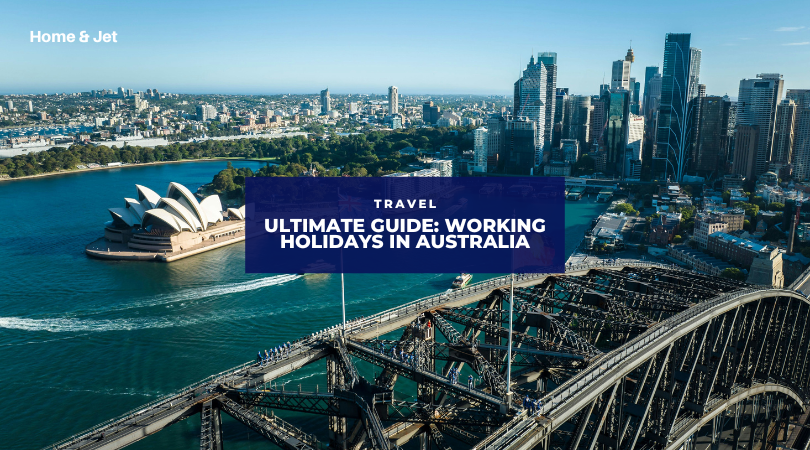What If You Can't Get Home Insurance?
What happens if you submit an application for home insurance but are ultimately rejected? If you want to know why an insurance company declined to insure either you or your property, a bright place to start is by looking at the list of things that could make you ineligible for coverage.
In some cases, you can fix the reason your application was rejected. On the other hand, some problems could be extremely challenging or even impossible to solve. If you have been denied coverage but do not wish to continue living without homeowners insurance, you have several options available to you;
Consider Using a Different Insurance Carrier
Your initial move may be to compare prices and coverage details from multiple insurance providers. It is your best advantage to compare plans and prices from various providers when shopping for new insurance. An insurance broker can assist you in comparing policies and costs from different providers.
If you were denied coverage by one insurance company, the chances are high that other companies will treat you well if you apply for coverage. However, different insurance firms could have varying requirements, and some might even sell policies explicitly tailored to high-risk customers.
Have a Conversation with Your Neighbors
If the location of your property were one of the factors that prevented you from obtaining homeowner's insurance, a good technique would be to chat with your neighbors about how they could insure their homes despite the location of their homes. They are a valuable resource for you since their homes are susceptible to the same local dangers as yours, whether those dangers stem from a high rate of crime in the area or concerns related to the weather.
Call the insurance companies they work with to determine whether you can buy coverage. Ask your real estate agent to investigate the homeowner's insurance company that the previous homeowners utilized.
Get in touch with the Department of Insurance in your state
Your state's insurance department is yet another excellent source of information. They need to be able to tell you which local insurers are the best bets for people with your risk profile. Missouri, like residents, should call the state's Insurance Department.
As a bonus, they'll be able to inform you whether or not the Fair Access to Insurance Requirements (FAIR) Plan is in effect in your state and lead you in the direction of suitable insurance carriers. The FAIR Plan does indeed include Missouri as a participant.
Investigate Your Options Regarding Surplus Line Insurance
In most cases, your state must first provide an insurance company a license before it can sell you insurance. On the other hand, this is not the situation with businesses that offer surplus insurance. However, this does not imply that these businesses do not own any licenses.
Instead, they are authorized to do business by the state where the corporation is headquartered. These businesses are free to charge more significant premiums for a lower level of coverage since the regulations that govern them in your state do not apply to them. It is not the best choice due to the substantial cost involved.
Talk To an Independent Insurance Agent
Talking to an independent insurance agent can be pretty beneficial for gaining insight into why you're having problems becoming insured and what you can do to overcome these hurdles in your path to obtaining coverage.
Because these agents are informed about the various aspects that can influence your eligibility for homeowner's insurance, you can utilize them as a valuable resource. In addition, these agents often have relationships with several different insurance companies, which means they will be able to assess your possibilities rapidly.
Sign Up for a Plan Offered by FAIR
Persons who have been turned down for coverage for their homeowner's insurance, especially true for people who live in high-risk areas. Although FAIR Plans are typically the most expensive option and provide the least amount of coverage, which is why they are the final resort, they give just enough range to assist you in meeting the insurance requirements of your mortgage lender.
Even though coverage Plans are available outside on various sites, the only way to enroll in one requires you to go via a registered insurance provider who can provide coverage.
Is It Against The Law To Go Without Homeowner's Insurance?
It is not against the law. However, failing to purchase homeowners insurance when one should own a valuable asset like a home exposes it lead to financial danger. If you don't have homeowners insurance, it's pretty unlikely that a lender will provide you with a mortgage loan. Many mortgage lenders require borrowers to purchase home insurance to protect themselves from potential financial losses.
Your lender wants assurance that it would safeguard their investment in the case of a hazard covered by the policy. Homeowners insurance would protect you and your lender from suffering a financial loss. Even if you decide to buy a condo or a co-op instead of a single-family house, the complex's board of directors may still require you to get homeowners insurance to contribute to the complex's overall financial security.
After paying off your mortgage and no longer being required to carry insurance, you may decide to discontinue. But don't rush into this. However, your home may be the most important item you own. If this is the case, purchasing homeowners insurance will allow you to secure your belongings and shield you from legal responsibility in case of a claim for injury or damage to property.
Wrapping up
A home is not only a substantial financial and time commitment but also provides you with a safe place to live. Whether you are still paying off your mortgage or have paid it in full, it is essential to safeguard your financial situation in case of an emergency at your house. We Hope you get all the information you were looking for here!






